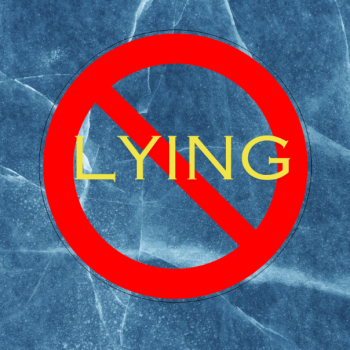As anticipated well before its release Darren Aronofsky’s Noah has seen Glenn Beck, Ken Ham, Jerry Johnson, and others express outrage at the film’s departures from the Bible. In response, articles in Slate, National Catholic Register, and numerous blogs have turned to Genesis 6-9 to gauge the film’s fidelity to “the original.”
Teasing his Daily Beast article, for instance, Yale’s Joel Baden tweeted: “The new #Noah movie: just how biblical is it?” Meanwhile, James Tabor of UNC Charlotte, observes on HuffPo that “none of these Christian critics explain why this ancient story, written by Jews, and part of the Hebrew Bible, should fall under Christian purview or guardianship in terms of its interpretation,” and opines that “these two Jewish guys, Aronofsky and his former Harvard roommate and writing partner, Ari Handel… have ended up in my view producing a film that profoundly reflects biblical themes that have been lost in most common readings of the Noah story in Genesis 6-9.”
What’s interesting to me, however, is that both sides agree that biblical fidelity is even the key question; the film itself lacks any claim of this sort, and Aronofsky himself described it as the “least biblical, biblical movie ever made.” Furthermore, the Flood is far from just a “biblical” idea. Scholars of ancient Israel have long read Genesis 6-9 in relation to Atrahasis and Gilgamesh, which are but two of the cross-cultural continuum of Flood-stories. It’s not just a modern secularizing conceit to claim that the Flood might speak across and beyond Christian religious interest.
Read the rest here















